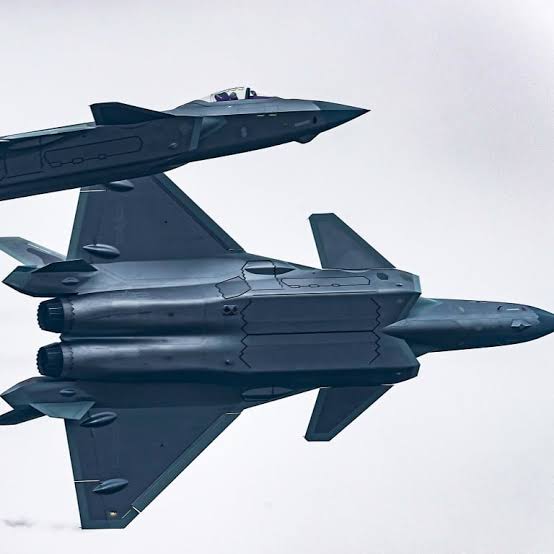Plasma stealth technology represents a significant advancement in the quest for stealth capabilities in military aircraft. Traditional stealth aircraft rely on specialized materials and shapes to minimize radar reflection, but plasma stealth takes a different approach by creating a layer of ionized gas or plasma around the aircraft to absorb or deflect radar waves.
The concept behind plasma stealth is to generate a cloud of ionized gas around the aircraft, which interferes with radar detection. When radar waves encounter the plasma layer, they are either absorbed or deflected, making the aircraft less visible to radar systems. This approach is particularly effective against modern radar systems that rely on detecting electromagnetic waves bouncing off aircraft surfaces.
The closed electron beam plasma stealth device developed by Chinese scientists and engineers takes this concept further by offering the ability to target specific areas of the aircraft, such as the radar dome or cockpit, to hide them from radar detection. This level of precision allows for greater flexibility in stealth operations and enhances the overall effectiveness of the technology.
One of the key advantages of this new technology is its simplicity in design, adjustable power, and high plasma density. These features make it versatile and potentially applicable to various military aircraft platforms, thereby improving China’s military capabilities. Additionally, the use of electron beams to create confined plasma regions offers a lighter and more efficient solution compared to previous methods.
The development of two different types of plasma stealth devices, one utilizing a radioactive isotope and the other employing high-frequency electricity, demonstrates the breadth of research and innovation in this field. Both methods aim to create a dense plasma layer around the aircraft to achieve stealth capabilities.
Plasma stealth technology represents a promising avenue for enhancing the stealth capabilities of military aircraft. Continued research and development in this area are likely to lead to further improvements in stealth technology, potentially reshaping the future of aerial warfare.


